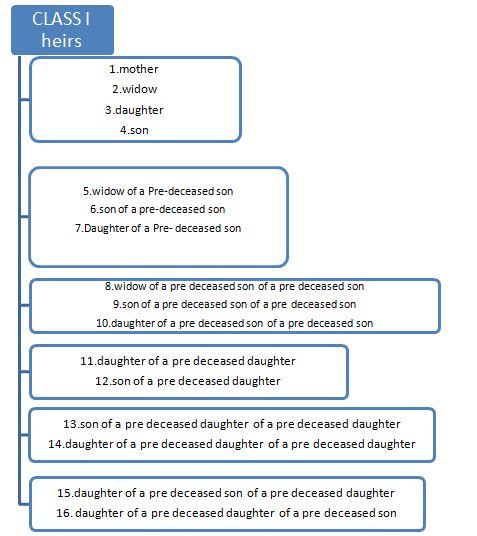Gift Deed Or Relinquishment Deed?
February 5, 2014 2 Comments

Gift deed
This document allows you to gift your assets or transfer ownership without any exchange of money. To gift immovable property, you just have to draft the document on a stamp paper, have it attested by two witnesses and register it. Registering a gift deed with the sub-registrar of assurances is mandatory as per Section 17 of the Registration Act, 1908, failing which the transfer will be invalid. Besides, such a transfer is irrevocable. Once the property is gifted, it belongs to the beneficiary and you cannot reverse the transfer or even ask for monetary compensation.
However, if you want to gift movable property like jewellery, registration is not compulsory. At the same time, a mere entry in an account book is not sufficient to establish a transfer. Apart from physically handing over the property, you need to back it with a gift deed. The process is slightly different if you are gifting company shares. You have to fill out the share transfer form and submit it to the company or registrar, and the transfer agent of the firm. Once again, get a gift deed drawn and executed to complete the transfer, but the document need not be registered. Read more of this post





